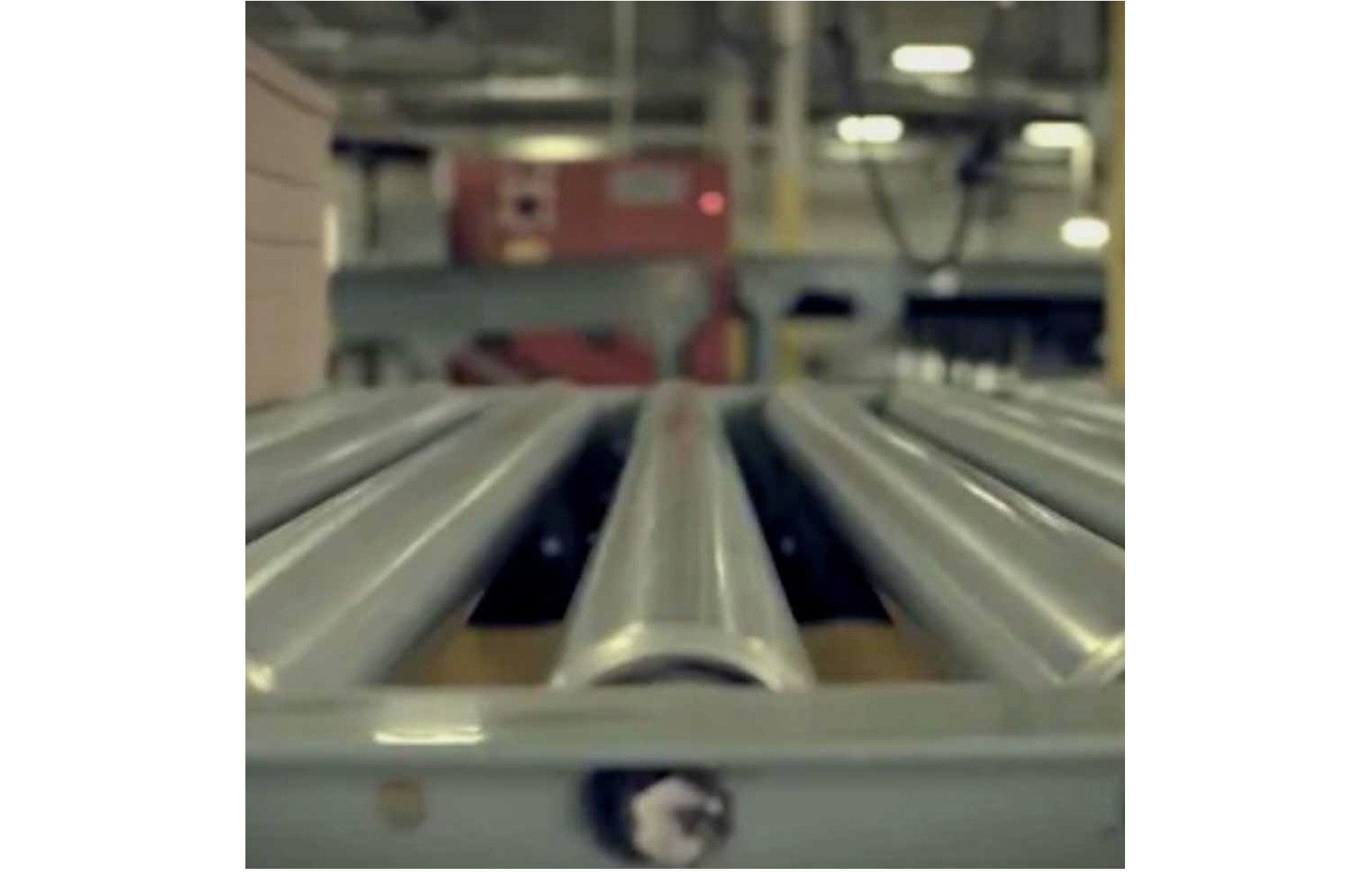Quebec SMEs in crisis: A year of historic challenges, reports CFIB
Tashi Farmilo
In a year marked by unprecedented challenges, Quebec's small and medium-sized enterprises (SMEs) have faced significant hardships, according to the Canadian Federation of Independent Business (CFIB). Analyzing data throughout 2023 and comparing it with annual figures dating back to 2009, the CFIB has found that confidence levels among SMEs in Quebec have plummeted to historic lows, rivaling the depths seen in 2020 during the pandemic's peak.
The confidence index, a measure of entrepreneurs' expectations for their performance over the next 12 months relative to current conditions, has seen a stark decline. After reaching a height of 58.3 in 2021, this index slid to a concerning 47.8 in 2023. This figure illustrates the growing unease within the Quebec SME community.
The CFIB's survey reveals a mixed bag of sentiments among Quebec's SMEs: while 45% described their situation as good in 2023, 42% deemed it acceptable, and a worrying 13% categorized their status as bad. François Vincent, vice-president for Quebec at the CFIB, commented in a press release, “For many SMEs, 2023 was expected to be a year of recovery post-pandemic. Instead, they faced mounting costs and challenging government policies. Notably, Quebec saw the highest electricity cost hike in 25 years and the most significant minimum wage increase since 1995, compounded by substantial hikes in municipal taxes toward the year's end."
The labour shortage, though less severe than in 2022, continued to be a primary constraint on sales. In almost every sector except agriculture, the lack of qualified labour remained a significant issue, more so than the average since 2009. In agriculture, insufficient demand was the primary concern, cited by 58% of the sector, a 31-point increase from the historical average.
Inflation and increased borrowing costs for households are believed to be key drivers behind the reduced consumption, impacting sectors like retail, wholesale, and manufacturing. Quebec SMEs also faced rising operational costs: salary expenses increased by 18%, insurance by 30%, and fuel and energy costs by 4%. The spike in borrowing costs was particularly steep at 50%.
As a result, investment funds dwindled across various categories, including office equipment, manufacturing tools, properties, and vehicles. Faced with these economic challenges and a recent slowdown, the CFIB stresses the need for Quebec's government to prioritize SMEs. Key recommendations include reducing the tax burden, particularly payroll taxes, addressing tax disparities affecting small businesses in construction and services, and curbing government cost increases.
The CFIB also urges federal, provincial, and municipal governments to lessen the administrative and regulatory burdens on SMEs, highlighting that over 2.25 million Quebecers are employed in these enterprises, accounting for more than 80% of the private sector workforce. The organization suggests that the Quebec government, having recently focused on public sector strikes and attracting multinationals, should shift its attention to supporting SMEs in 2024.
Photo caption: Quebec's SME landscape in 2023: A year marked by economic challenges and shifting business dynamics. Quebec's SME landscape in 2023: A year marked by economic challenges and shifting business dynamics.
Photo credit: Tashi Farmilo





